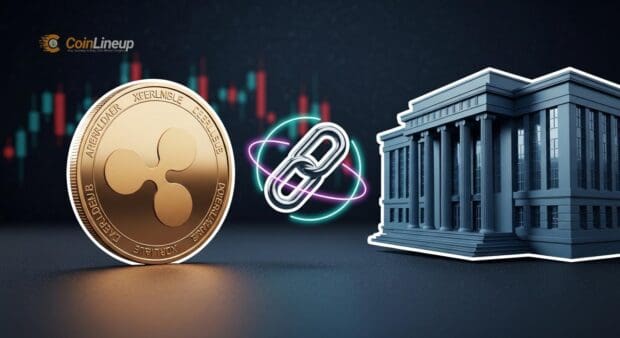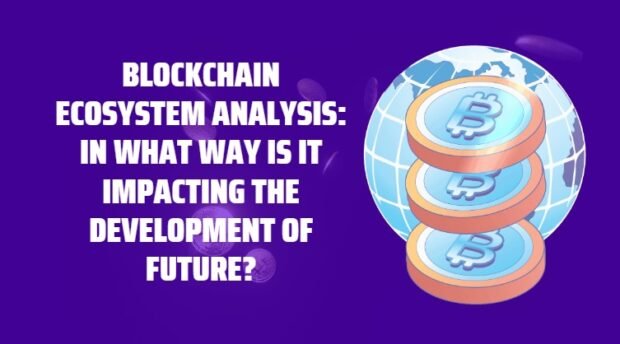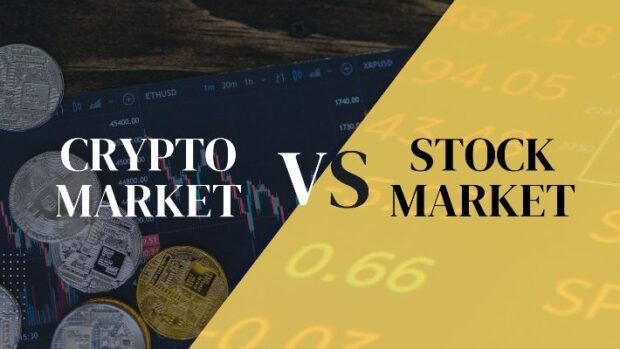
Crypto News
Forex Market
No results
Stock Market
TOP 10 GAINERS
Please enter Coingecko Free Api Key to get this plugin works
TOP 10 LOSERS
Please enter Coingecko Free Api Key to get this plugin works
TOP 15 COINS
| Name | Price |
|---|---|
Bitcoin(BTC) | $68,199.00 |
Ethereum(ETH) | $1,995.56 |
Tether(USDT) | $1.00 |
BNB(BNB) | $633.24 |
XRP(XRP) | $1.36 |
Solana(SOL) | $85.56 |
TRON(TRX) | $0.282153 |
Dogecoin(DOGE) | $0.091301 |
Cardano(ADA) | $0.268433 |
Chainlink(LINK) | $8.79 |
Avalanche(AVAX) | $9.11 |
Shiba Inu(SHIB) | $0.000005 |
Toncoin(TON) | $1.25 |
Polkadot(DOT) | $1.51 |
POL (ex-MATIC)(POL) | $0.099959 |
All Topics
Sponsored Articles
- 5 Days Left and Investors Are Piling Into BlockDAG at $0.0001, While Bittensor & Dogecoin Stall
- Traders Rush to Secure 500x ROI in BlockDAG’s Final 6 Days! SOL & ADA Face Market Pressure
- While Ethereum Falls & SUI Stalls, BlockDAG’s $0.0001 Entry Opens 500x Opportunity: Only 6 Days Left!
Newsletter
Stay Up To Date, It's Free!
About Coinlineup
CoinLineup is a specialized platform dedicated to empowering investors with the knowledge and tools needed to succeed in both the financial stock market and the crypto market. Our primary focus is to provide comprehensive market insights by delivering real-time and historical data, solid investment strategies, and trading tips. We aim to equip investors with accurate information, allowing them to make well-informed decisions in their financial endeavors.
Site Links
Sources Links
Copyright 2024 coinlineup.com. Crypto, Stocks, and Forex – All in One Place.
























